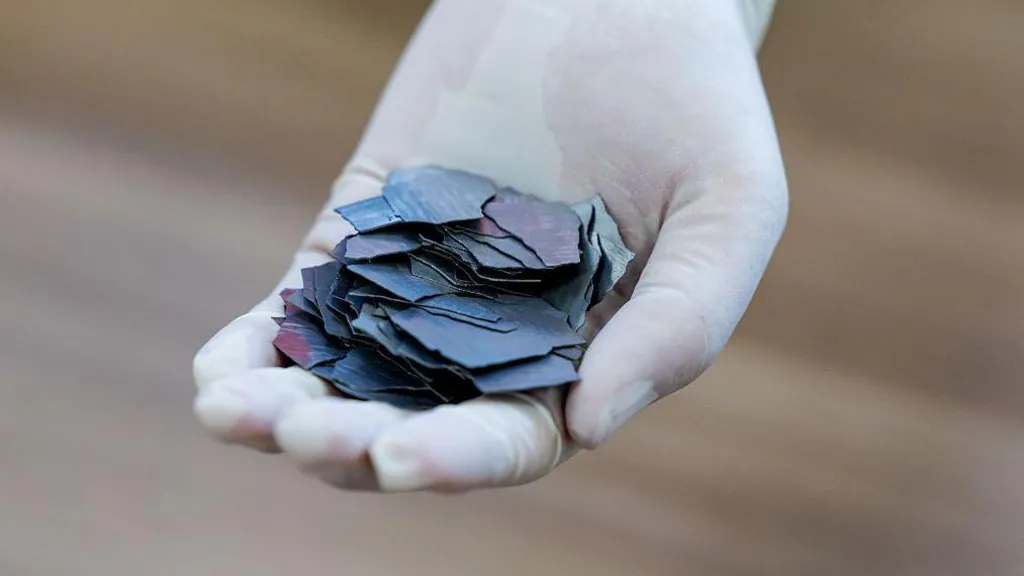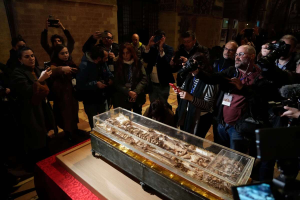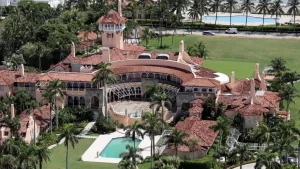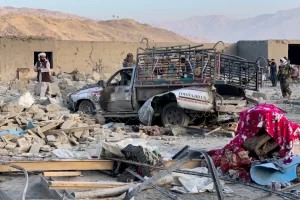Three hours north of Perth, in the dusty emptiness of Eneabba, sits a giant pit that could help rewrite the rules of global trade.
At first glance, it’s just mounds of dirt. In reality?
It’s a million-tonne treasure trove of rare earth minerals — the metals behind electric cars, wind turbines, and defence tech.
China has had a stranglehold on this supply for decades, controlling over half of global mining and nearly 90% of processing.
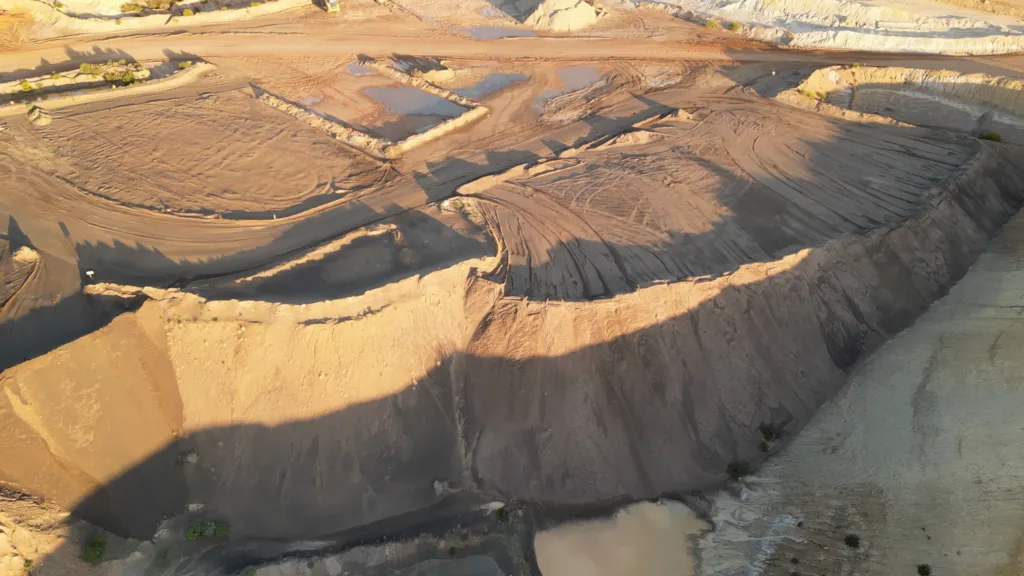
That grip became painfully clear during Trump’s trade war, when Beijing briefly tightened exports and sent manufacturers scrambling.
“The West dropped the ball… China was in for the long run,” says Curtin University’s Jacques Eksteen.
Australia Is Making Its Move
The government is loaning mining firm Iluka Resources A$1.65bn to turn its dusty stockpile — worth over $650m — into a refinery.
The refinery will be capable of supplying much of the West’s needs by 2030.
“This is an alternative to China,” says Iluka’s Dan McGrath.
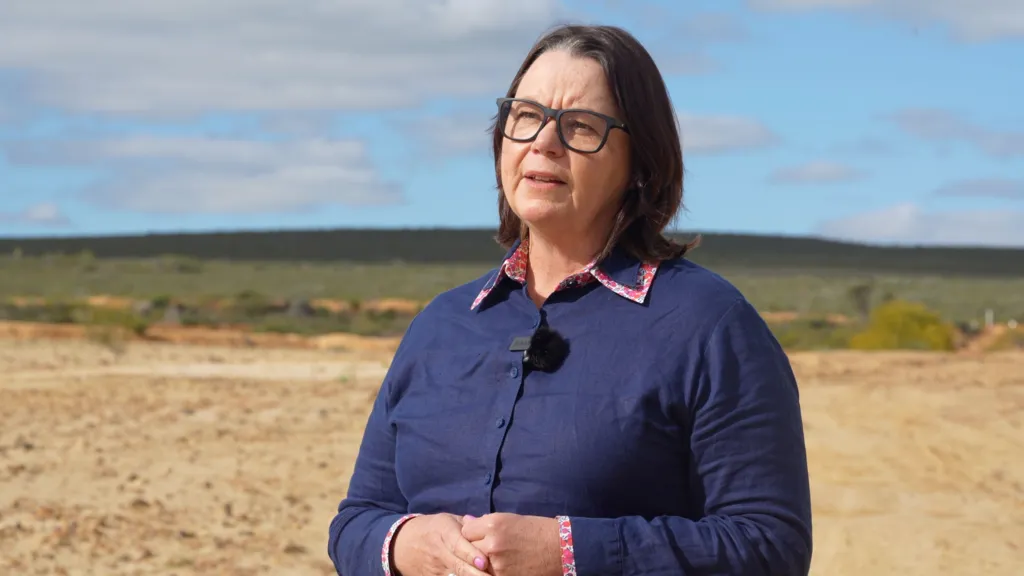
The catch? Refining rare earths is messy, often producing radioactive waste.
But Australia argues it can do it cleaner, with tighter regulations.
It’s a high-stakes bet: if Australia gets it right, Eneabba could be more than a pit in the desert — it could be the West’s ace in the rare earths game.

